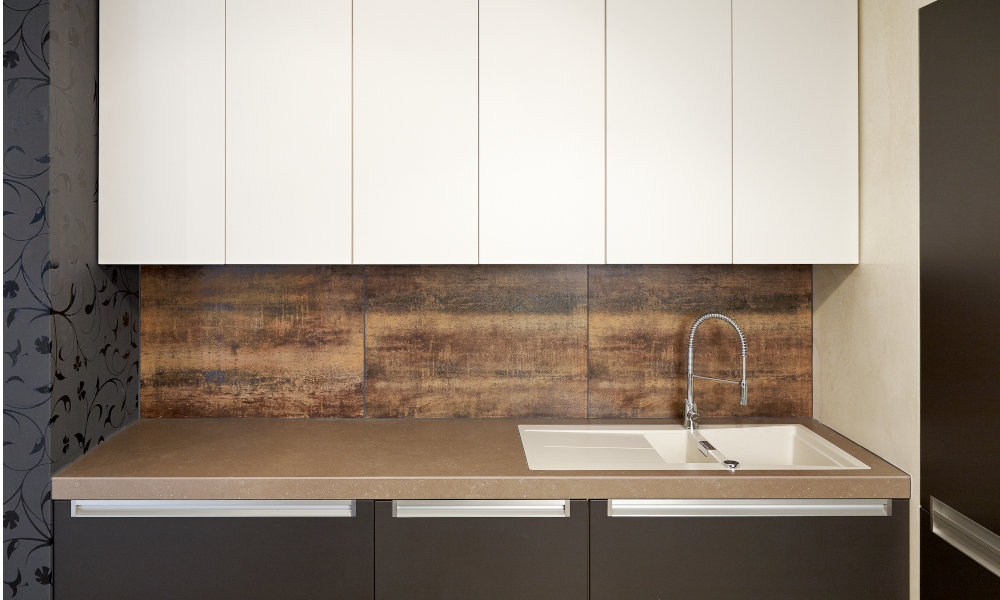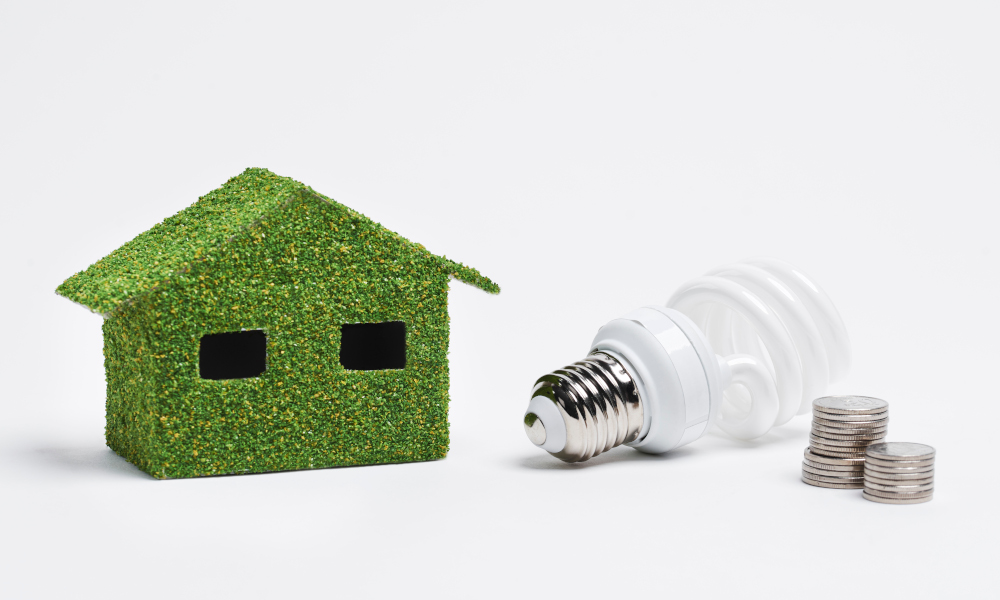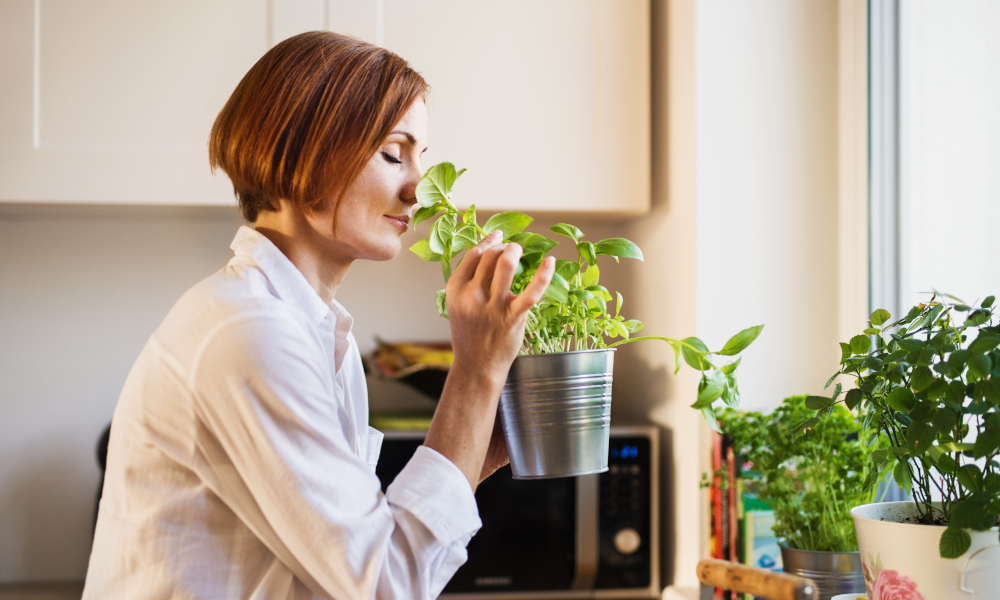Proponents of the zero waste lifestyle will gladly give the eco-friendly kitchen design a huge nod of approval. An eco-friendly kitchen supports environmental preservation and a healthier lifestyle.
The process of designing your kitchen heavily centers around the 3R (reduce, reuse, recycle) concept. It considers the environmental impact at every step of the design implementation.
If you’re starting to renovate your kitchen, you can consider these green methods to design your eco-friendly kitchen.
Install Eco-Friendly Kitchen Countertops
The kitchen countertop is an integral focal point of the kitchen. If you’re remodelling your kitchen, start by selecting environmentally friendly countertop materials. They are either made from recycled material or have recyclable value, and are sourced ethically and sustainably.
There are many eco-friendly countertop materials such as quartz, terrazzo which is made from recycled glass and stone, paper composite, reclaimed wood, and bamboo. Each type of these countertop materials has its pros and cons ranging from its durability to its maintenance. Hence you should consider your lifestyle before selecting the best option for your kitchen.
Select Low to Zero VOC Materials

Unbeknown to us, many household products contain Volatile Organic Compounds (VOC) that jeopardises the indoor air quality. These are health hazardous chemical compounds that are emitted as vapour under normal room temperature.
VOCs such as formaldehyde and benzene are carcinogenic. They are commonly found in wall paints, kitchen cabinets, and flooring material. Frequent exposure to these chemical gasses may result in headaches, allergies, fatigue, and various health issues.
When designing your kitchen, make sure to only purchase wall paint, kitchen cabinets, and flooring that have low to zero VOC emission. Consult a reputable supplier to discuss your concerns and the available options.
Besides VOC emission, care has to be taken to ensure all the products and surfaces that are in contact with food are hygienic and safe. NSF-certified countertops like Aurastone quartz countertops are guaranteed safe for food preparation.
Buy Products with Long Lasting Quality
Every discarded item will eventually clog up the landfill. Durable products have a longer shelf-life. This equates to lesser waste in the long run.
Buying good quality kitchen appliances, countertop, sink, cabinets, and utensils will minimise the need for replacement. After all, your kitchen items and kitchen renovation do not come cheap. Your wallet will not be happy with the cost of repairs and replacement if they happen too often.
Despite buying individual quality products, the installation process and maintenance are important.
For example, a badly installed kitchen sink (no matter how expensive it costs) may damage your expensive kitchen cabinets without your knowledge. To preserve your kitchen cabinets, we suggest installing a leakproof sink such as Aurasink.
Use Energy Efficient Appliances and Lighting

Modern kitchens use a wide variety of electrical appliances. The biggest electrical item in the kitchen is usually your refrigerator. Also, lighting is another area where you can opt for energy-saving LED bulbs.
How do you know if your appliances and lighting are energy efficient? Well, just refer to the energy label on the appliance – the more ticks it has, the more energy-efficient it is.
The energy label is similar to the Energy Star label in the United States. The lesser energy needed, the more money you can save on your electricity bill. But how does it protect the environment? Power plants may emit harmful emissions as a by-product of generating electricity. As a result, the lesser power you use, the better it is for our planet.
Plant an Indoor Mini Herb Garden

An eco-friendly kitchen is not complete without natural greenery in the kitchen. Besides beautifying the kitchen, indoor plants add life to the atmosphere.
There are many indoor plants that you can add to your kitchen décor. However, the best kind of indoor plants that will serve your kitchen well is edible herbs. Besides looking pretty, they make amazing condiments and add natural flavour to your dishes.
Among the easy to grow edibles are spring onions, mint, rosemary, and sweet basil. Make sure to water your plants and place them in the sunniest spot in your kitchen. In sunny Singapore, you’ll have fresh herbs all year long!
Is an Eco-Friendly Kitchen Worth the Investment?
In general, designing an eco-friendly kitchen may cost higher than a traditional kitchen. However, in the long-run, the benefits outweigh the cost.
Longer lasting materials will minimise the cost of repairs and replacement. Energy-saving appliances help save you money on utility bills. Natural products made with lesser synthetic chemicals have lesser toxins and are healthier for your family.
While saving the Earth, you get to save money and enjoy a healthier lifestyle. Now, wouldn’t this be a worthwhile kitchen investment?


